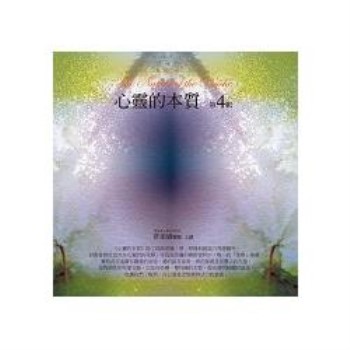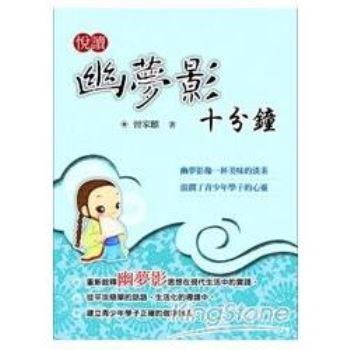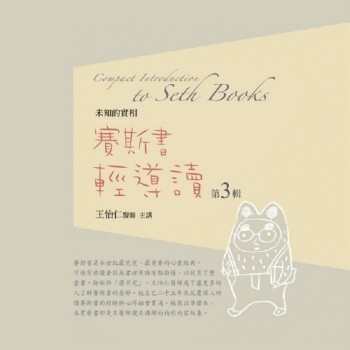A personal story caught up in the dark history of the mid-twentieth century begins with a lost child’s cry. A dozen years of sheltered life in a Hungarian middle-class family-a vanished age of peace and luxury behind precariously concealed Jewish origins-is wrenched into persecution by the Nazi invasion of March 1944 - the overcrowded ghetto, the horror of the brickworks camp and deportation follow. The author’s evocative account of what it was like to travel on one of Eichmann’s trains in reprinted here from The Observer. Thanks to an SS transport officer’s error, the deportation train ends up not in Auschwitz, as intended, but (via a transit camp offering real showers, not gas) on the outskirts of Vienna, where children worked only six hours a day producing anti-aircraft guns for the Third Reich. The boy’s father dies, his mother and sister survive, as does he despite under-nourishment, typhoid, air raids and the dangers of late-war Nazi chaos. Physical survival is followed by a series of existential trials - repatriation, refugee status in England with a struggle for ’Englishness’ - especially in language, writing and scholarship - together with a season of clinical depression and prolonged maladjustment. The book concludes with general reflections on topics such as closeness to German culture and being an outsider.
| FindBook |
有 1 項符合
Chance Survivor的圖書 |
 |
Chance Survivor 作者:Kennedy 出版社:Old Guard Press 出版日期:2012-07-15 語言:英文 規格:平裝 / 208頁 / 22.86 x 15.24 x 1.22 cm / 普通級/ 初版 |
| 圖書館借閱 |
| 國家圖書館 | 全國圖書書目資訊網 | 國立公共資訊圖書館 | 電子書服務平台 | MetaCat 跨館整合查詢 |
| 臺北市立圖書館 | 新北市立圖書館 | 基隆市公共圖書館 | 桃園市立圖書館 | 新竹縣公共圖書館 |
| 苗栗縣立圖書館 | 臺中市立圖書館 | 彰化縣公共圖書館 | 南投縣文化局 | 雲林縣公共圖書館 |
| 嘉義縣圖書館 | 臺南市立圖書館 | 高雄市立圖書館 | 屏東縣公共圖書館 | 宜蘭縣公共圖書館 |
| 花蓮縣文化局 | 臺東縣文化處 |
|
|
圖書介紹 - 資料來源:博客來 評分:
圖書名稱:Chance Survivor
|









